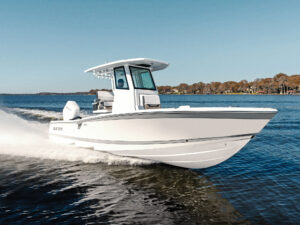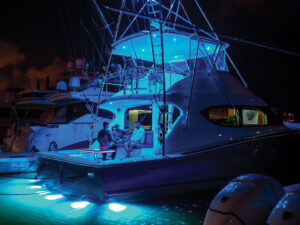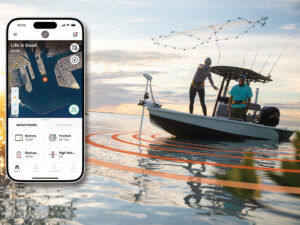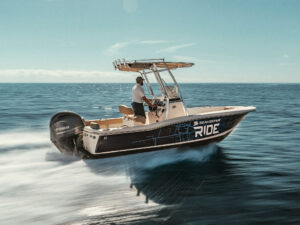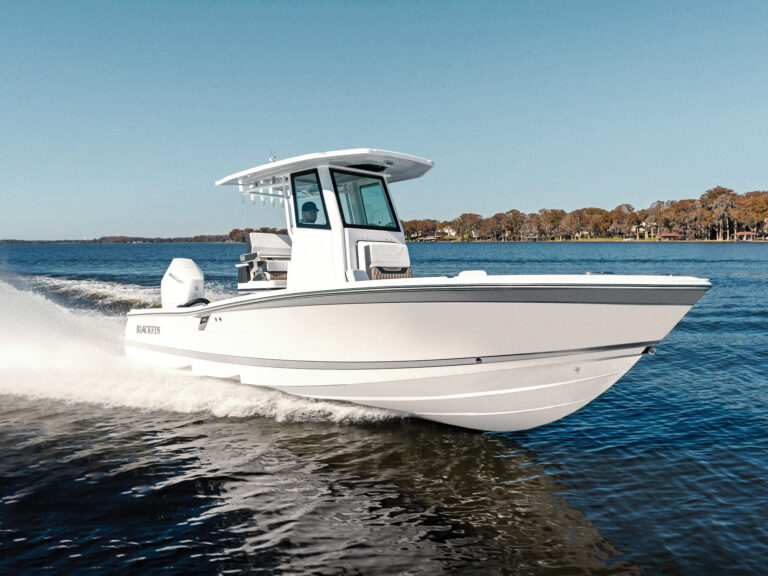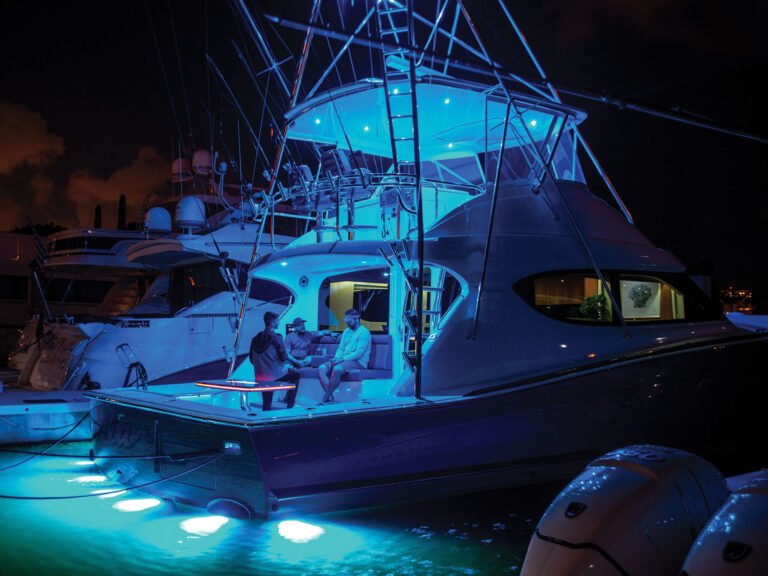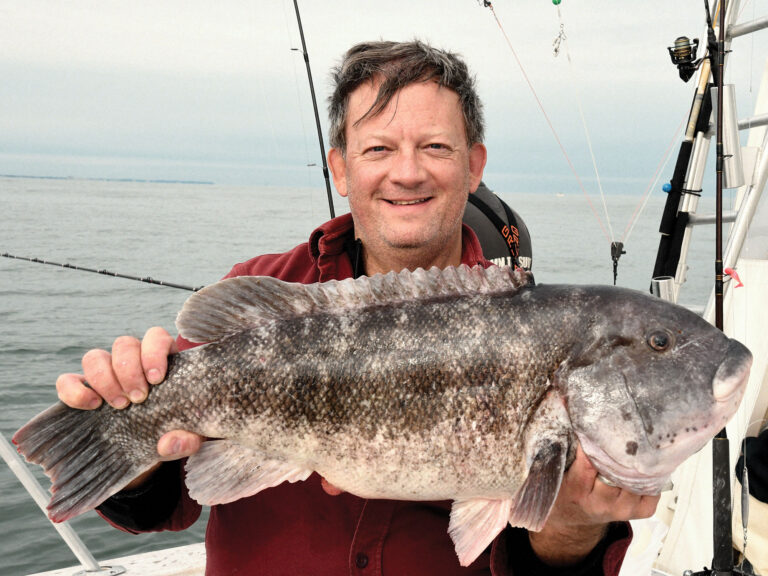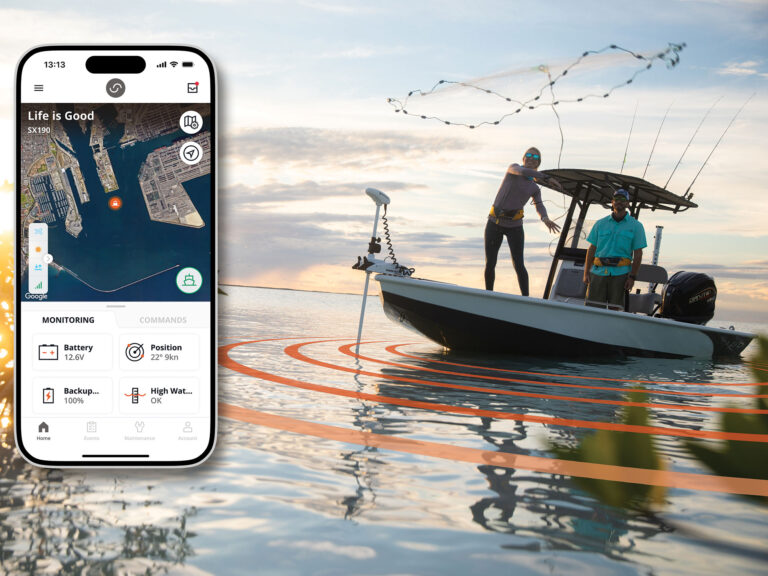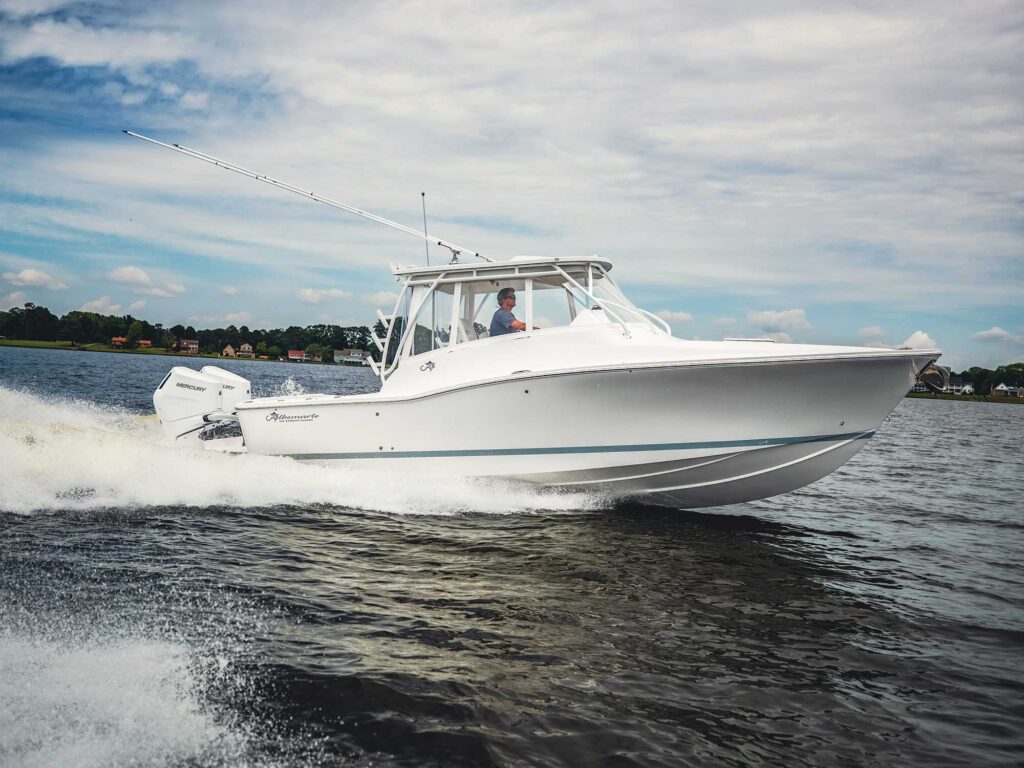
Albemarle says that its customers explain their loyalty in four components: superior ride thanks to the Carolina-style hull; fishability, especially in harsh conditions; unmatched quality in design, construction and components; and solid customer relationships.
Albemarle’s classic, dry-riding hull with a wide Carolina flare busts through head seas, landing softly in the troughs. Helms provide unsurpassed visibility from within a huge, clear wraparound windshield and enclosure, using superior Strataglass and EZ2CY materials.
Albemarle hulls are hand-laid with premium components and processes, including hull-to-deck joints that are fiberglass-bonded and mechanically fastened; bronze and stainless-steel underwater gear and through-hulls; color-coded, tinned stranded copper wiring; heat-shrink terminal connections; and detailed recordkeeping throughout construction.
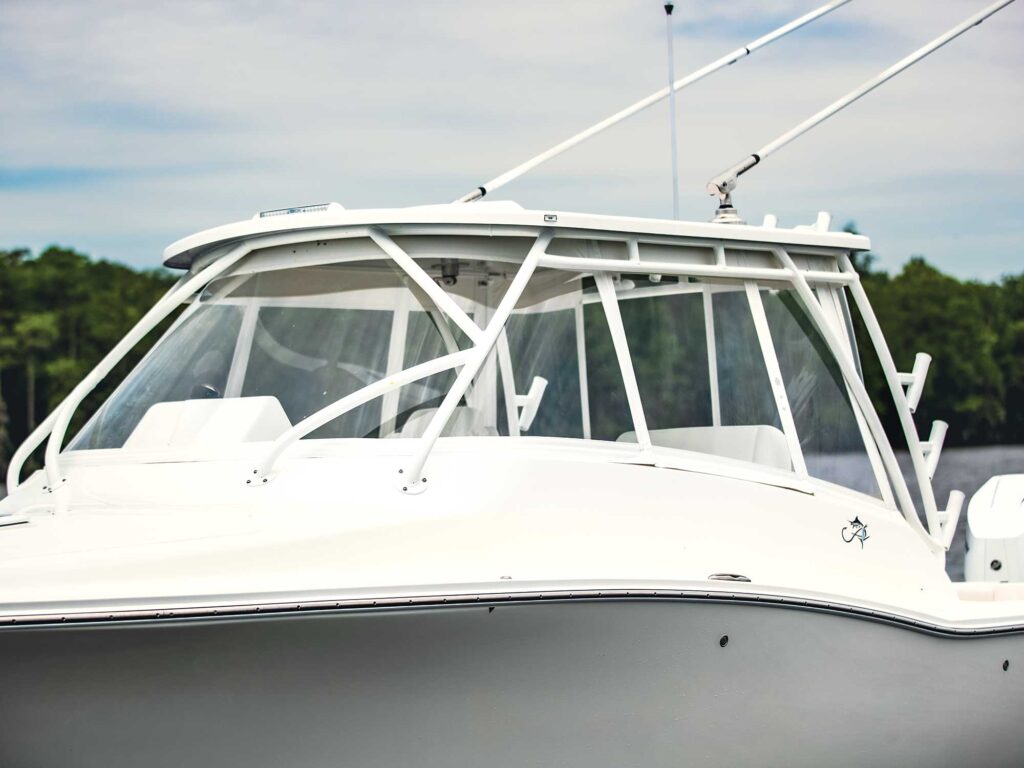
Albemarle 30 Express
The outboard-powered 30 Express combines the offshore performance of center-consoles, with a well-appointed cabin (including galley with solid surface countertop, and a sink, microwave, and refrigerator) and protection from foul weather. That full galley, stand-up head and V-berth offer superb comfort. Optional side bunks make for great overnighting.
The helm area has face-forward seating for three with a captain’s chair and a double companion seat within a standard, rigid acrylic enclosure. A hardtop is optional, as is a marlin tower. Mezzanine-style seating faces aft, where a folding transom bench seat in turn faces forward, framing the wide-open 64-square-foot cockpit, which features a rigging station—unless a cockpit galley is optioned in its place.
The deck contains two macerated 56-gallon fish boxes. Cockpit features include a 30-gallon transom livewell, a tackle center, tackle/storage cabinets with drawers, and a transom door for access to the Armstrong outboard-engine bracket.
Fishing options include additional rod holders, electric-reel outlets, outriggers with telescoping poles, and coaming pads. General options include a Seakeeper 2 gyrostabilizer, a diesel generator, and Flexiteek decking for the outboard bracket, helm, and cockpit. A teak and cherry sole is available, as are underwater lights.
Base power is twin Yamaha 350s with options of triple Yamaha 300s or twin Mercury V-10 400s available. With Yamaha power, Helm Master EX electronic steering is standard, and the full-maneuverability upgrade is available.
Editor’s Note
The hull of the 30 Express features solid, hand-laid fiberglass, with the stringer grid built from closed-cell foam and encapsulated in fiberglass, tabbed into the hull, and fully glassed in. The transom is Coosa Composite-cored—no wood to rot. -Jim Hendricks
Performance Data
- Test Power: Triple Yamaha F300 outboards
- Test Props: Yamaha 15″ x 20″ SWS II 3-blade stainless steel
- Test Load: 200 gal. fuel, 3 people, and safety and test gear
- Test Speed: 31.9 mph at 3,500 rpm
- Max Range: 331 miles (with 10% reserve)
Specifications
| LOA: | 33’6″ |
| Beam: | 10’6″ |
| Fuel Capacity: | 320 gal. |
| Dry Weight With Power: | 13,000 lb. |
| Max HP: | 900 |
| Powered By: | Yamaha |
Albemarle Boats – Edenton, North Carolina; albemarleboats.com


